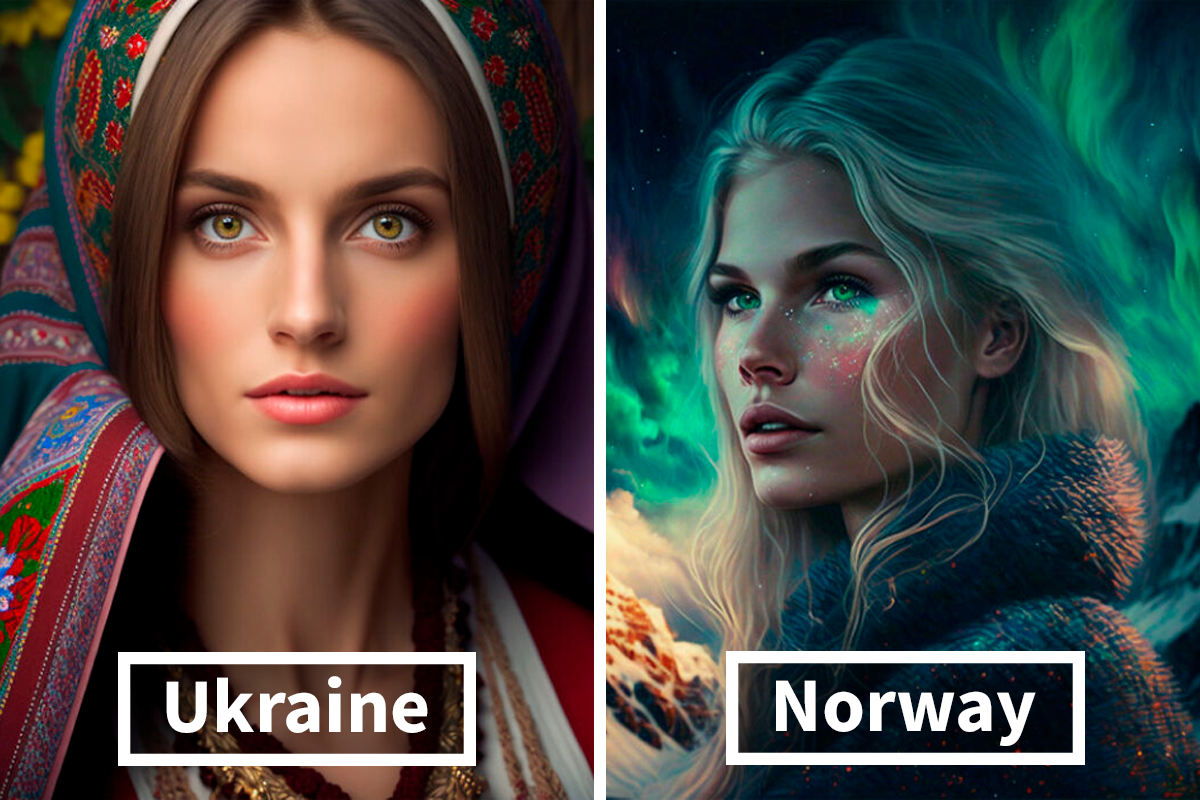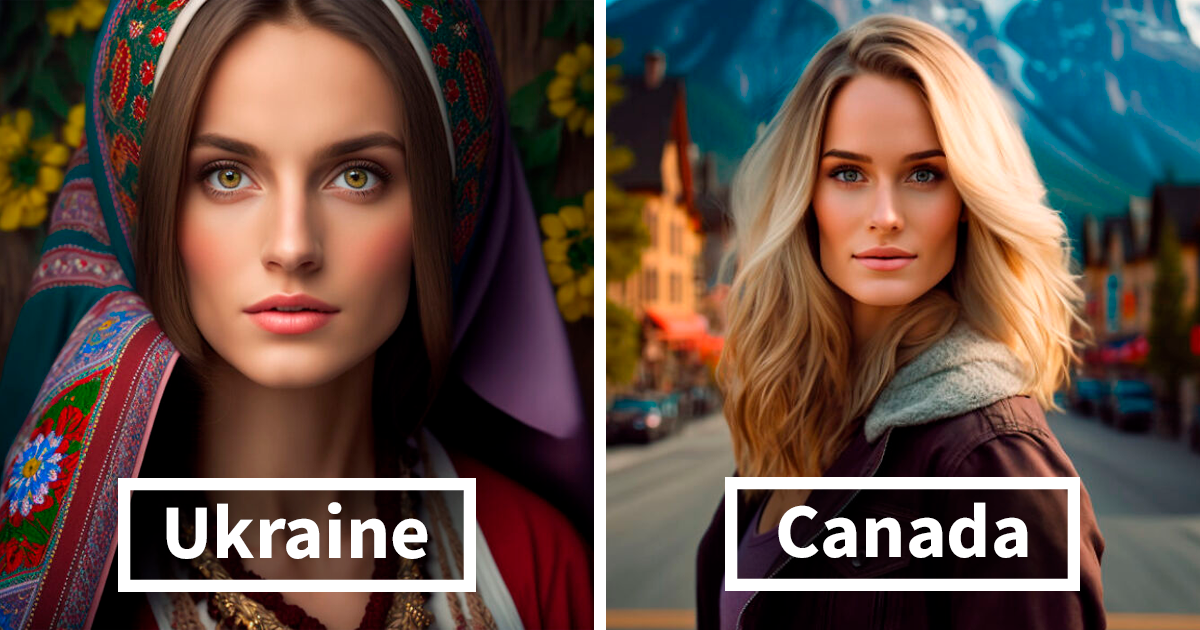The gender gap in AI
In a New York Times piece late last year, the publication discussed the origins of the current AI boom, focusing on prominent figures like Sam Altman, Elon Musk, and Larry Page. However, the article drew attention not for its content, but for its glaring omission: the absence of women.
The Times’ list highlighted 12 men, many of whom were leaders in AI or tech companies, despite some lacking formal education or training in AI.
Contrary to the Times’ narrative, the AI movement didn’t originate with Musk and Page convening in a Bay Area mansion. It began much earlier, with academics, regulators, ethicists, and hobbyists working diligently in relative obscurity to lay the groundwork for today’s AI and GenAI systems.
Elaine Rich, a retired computer scientist from the University of Texas at Austin, authored one of the earliest AI textbooks in 1983 and later directed a corporate AI lab in 1988. Cynthia Dwork, a professor at Harvard, made significant contributions to AI fairness, differential privacy, and distributed computing decades ago. Cynthia Breazeal, a roboticist and MIT professor, co-founded Jibo, a robotics startup, and developed one of the earliest “social robots,” Kismet, in the late ’90s and early 2000s.
Despite women’s pivotal roles in advancing AI technology, they remain vastly underrepresented in the global AI workforce. According to a 2021 Stanford study, only 16% of tenure-track faculty focused on AI are women. Another study from the World Economic Forum in the same year found that women hold just 26% of analytics-related and AI positions.
Even more concerning is that the gender gap in AI is widening, not narrowing.
An analysis by Nesta, the U.K.’s innovation agency for social good, in 2019 revealed that the proportion of AI academic papers co-authored by women hasn’t improved since the 1990s. As of 2019, only 13.8% of AI research papers on Arxiv.org were authored or co-authored by women, with the numbers steadily declining over the past decade.



















